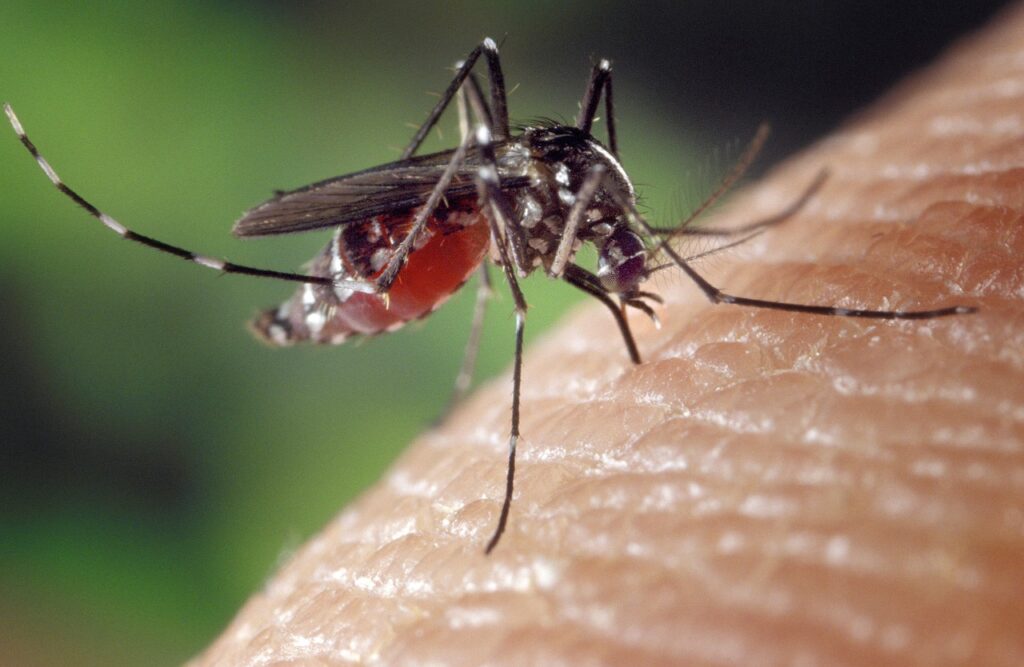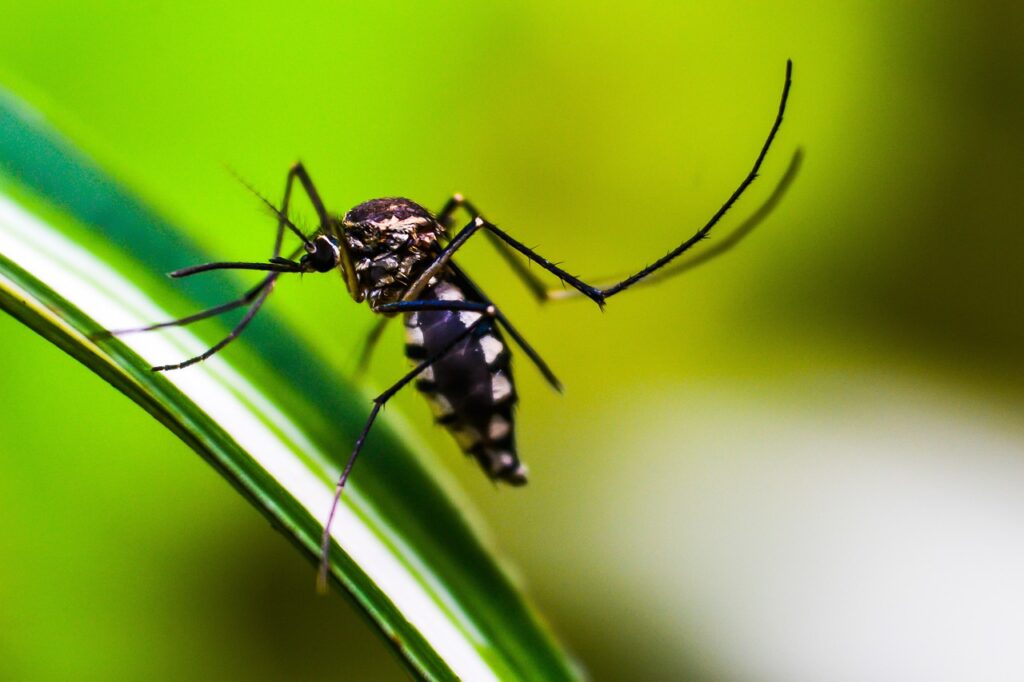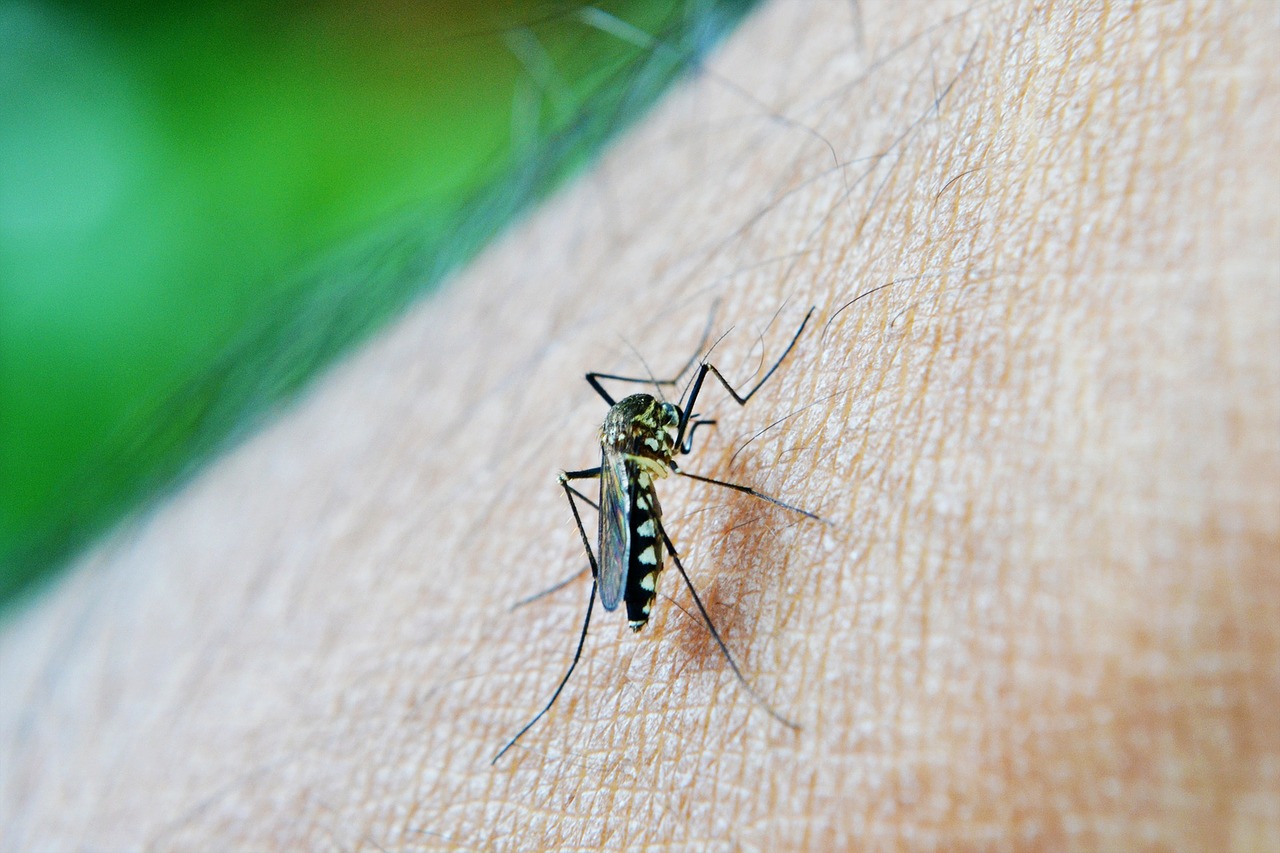You are out camping in the great outdoors with your friends, and you notice that one person in your group is getting bitten by mosquitoes more than anyone else. This makes you wonder why… So, are there genetic factors that make one person more attractive to mosquitoes than another? Yes, and one of these factors is blood type. Studies show that mosquitoes are attracted to certain blood types — particularly the blood type O.
Studies show that mosquitoes are attracted to certain blood types
- Mosquitoes preferentially feed on humans with the blood type O. In a 1974 study and a more recent 2019 study, researchers found that mosquitoes prefer to feed on humans with the blood type O. In the older study, researchers recruited over a hundred people to look into the factors that may attract mosquitoes and concluded that mosquitoes preferred those with the blood type O. And in the more recent study, researchers presented different blood types to feeders and observed that mosquitoes preferred to feed on the feeders with the blood type O.
- Mosquitoes statistically land more on humans with the blood type O. Different blood types have different antigens on them. For instance, humans with the blood type A have A antigens on the surface of their red blood cells while those with the blood type O have H antigens. In a 2004 study, researchers found that mosquitoes were more attracted to people with H antigens compared to those with A antigens. The research also found that mosquitoes land more on humans with the blood type O, but it was only statistically significant when compared to humans with the blood type A.
- Mosquitoes may be able to sense blood type antigens in tears and saliva. There are other secretions in the body where you can find these blood type antigens, such as tears and saliva. There is an argument that mosquitoes are able to sense these antigens in these secretions, but there are no significant studies on the subject. However, it’s clear that there are many factors that may make one more attractive to mosquitoes compared to others.

Other factors that attract mosquitoes
- Carbon dioxide. Blood type is not the only factor that determines a person’s attractiveness to mosquitoes. Another significant factor is carbon dioxide. Mosquitoes can detect carbon dioxide from 30 feet away. And it doesn’t help that humans exhale a lot of carbon dioxide too. Pregnant women are also more prone to mosquito bites just because of the mere fact that they exhale more carbon dioxide.
- Sweat. Mosquitoes look at various signs to determine whether an object is actually a living thing and not just some random rock in a garden. Carbon dioxide and heat are the first ones mosquitoes look for. And then there is sweat. Sweat also has lactic acid in it that gives humans a specific odor that mosquitoes recognize. Humans also naturally sweat throughout the day even if they don’t do intense physical activities. To prevent attracting mosquitoes at night, it’s a good idea to take a bath before going to bed.
- Dark clothing and floral scents. Dark clothing makes it easier for mosquitoes to spot you. Many people also believe that floral scents attract mosquitoes, but this doesn’t have enough scientific backing. If you are going to an area with a lot of mosquitoes, it doesn’t hurt to avoid dark clothing and floral scents just to be safe. You should also consider using mosquito repellents on your skin.
Why mosquitoes need blood in the first place
- Mosquitoes need blood to reproduce. Blood has the necessary ingredients for mosquito eggs to develop. Without it, mosquitoes will have a hard time reproducing. You can say that sucking blood is a matter of life and extinction for mosquito species. Blood also has iron and protein — nutrients that mosquitoes can’t find elsewhere. This makes blood even more of a necessity. Here’s another fun fact — only female mosquitoes suck blood. Male mosquitoes don’t even have the necessary stingers to pierce through skin. They get their nutrients from other organic sources in the wild, but definitely not from blood.
- Mosquitoes also feed on the blood of other animals. Mosquitoes don’t just exist to be a bane for humanity. They are actually quite useful. They have helped researchers in the field of engineering, medicine, and others. This idea that mosquitoes are evil comes from the fact that they spread diseases to humans with their bites. But take note that mosquitoes bite other animals too. Your household cats and dogs are as vulnerable to mosquito bites as the other mammals mosquitoes prey on in the wild.
- Mosquitoes actually have a diverse diet. Mosquitoes don’t feed exclusively on blood. Even the female mosquitoes that need blood to develop eggs don’t fully rely on blood for their nutritional needs. Mosquitoes consume nectar, plant saps, water, and other organic materials. Their habits actually help in cleaning biological waste and pollination, so they are more useful to the environment than most people realize.

Mosquitoes are attracted to certain blood types
Studies show that mosquitoes are indeed attracted to certain blood types. More specifically, mosquitoes are attracted to humans with the blood type O. But a person’s blood type is just one of the many factors that may influence their attractiveness to mosquitoes.
Carbon dioxide, heat, and sweat are the biggest biological factors that determine a person’s attractiveness to mosquitoes. They are strong signals for mosquitoes that the thing in front of them is an organic being with blood. And there are artificial factors too, such as dark clothing and floral scents from hygiene products and perfumes.
Here are some quick tips to avoid mosquitoes and their bites:
- Avoid heat by keeping your surroundings cool.
- Get rid of sweat by regularly taking a bath.
- Wear light-colored clothing.
- Use non-scented hygiene products.
- Cover as much skin as possible when going to an area with many mosquitoes.
- Turn on the fan to blow away mosquitoes.
- Cover your sleeping area with mosquito nets.
- Spray insecticides.
- Use mosquito traps.
- Apply mosquito repellents on your skin.
- Get rid of stagnant water where mosquitoes may nest.

